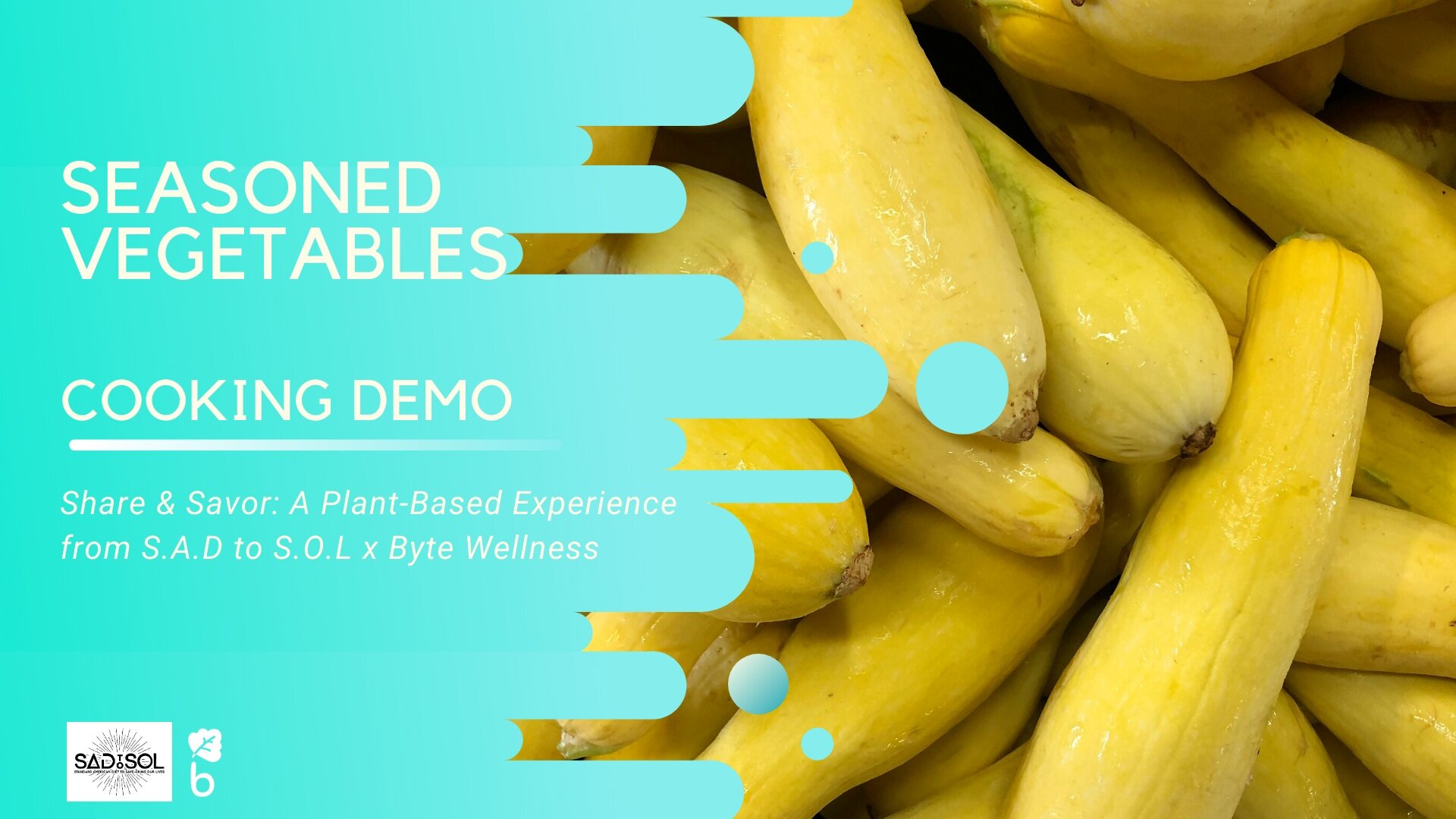Calling out Ultra-Processed Foods
Protecting Black Girl Magic from Ultra-Processed Foods
This 2018 study found that nutritionally bankrupt ultra-processed foods made up 60% of all the calories Americans ate from 2007-2012. That means the MAJORITY of food we eat has zero nutritional value or negative nutritional value.
Last week, we connected the dots between the chronic social adversity that Black women experience and harm of over-indulging in ultra-processed foods.
Relatively recent research studies show us that this chronic social adversity (racism and sexism) can create chronic inflammation in our bodies, which can lead to type 2 diabetes, coronary artery disease, stroke, and breast cancer.
So, we’re not doing ourselves any favors if we make a habit of eating ultra-processed foods. Packed with unhealthy fats, sugar, starch and conspicuously little nutritional value, ultra-processed foods rob us of the plant magic phytonutrients we need to build resilience in the face of harmful social systems.
Quick Recap: What are Ultra-Processed Foods?
According to the United Nations’ report on food processing (NOVA), there’s a spectrum. Read last week’s post for a re-cap.
Essentially, at the healthier end of the spectrum are our unprocessed/minimally processed foods- our whole foods!
In the middle are our plain old “processed foods”.
At the least healthy extreme are the ultra-processed foods.
Keep scrolling for a list of common ultra-processed foods
It’s never too early to start working toward your goals. If you’re thinking about starting 2021 off by eating more wholesome meals, we’ve got the course for you! Click the button to see how our Share & Savor wholesome eating course can help you take the next step toward the new you.
Click through this slide show for a list of ultra-processed foods that might have found their way into your everyday eating. Any of these look familiar?












So, is it the end of the world to have a cup of orange soda or a Pepperidge Farm cookie every now and then? Probably not! But, it is a problem to build our diets around ultra-processed foods that replace more nourishing whole food alternatives.
For example, if you eat a frozen dinner every night or eat powdered soup with a deli sandwich for your lunch, you’ve packed a sizable piece of your daily intake with ultra-processed foods- maybe without even realizing it!
That’s why we have to learn how to identify which foods are ultra-processed.
These 3 questions can make it plain:
Question 1: Did I (or someone) have to wash the dirt off this product?
Question 2: Can I pronounce all the ingredients on the package and can I buy them all at a grocery store?
Question 3: Can I name the whole food that this product was made from?
Next week, we’ll break down the different categories of ultra-processed foods using those questions
See how to wean yourself off ultra-processed foods by making easy, wholesome plant-based meals in the Share & Savor course

Browse More Bytes Below
Mawusi Arnett, MD MPH is Founder and Lead Eater at Byte Wellness. She’s also a Board-certified Obesity Medicine and Family Medicine Physician who is passionate about helping people maintain their best selves outside the doctor’s office.





![How We Rise Up During the SNAP Shutdown [Self-Love Letter]](https://images.squarespace-cdn.com/content/v1/5c7316af11f7846b135b9fe7/1762210803328-9387VLIMEJ8CITEPPOFZ/unsplash-image-9m2RZvHS_cU.jpg)